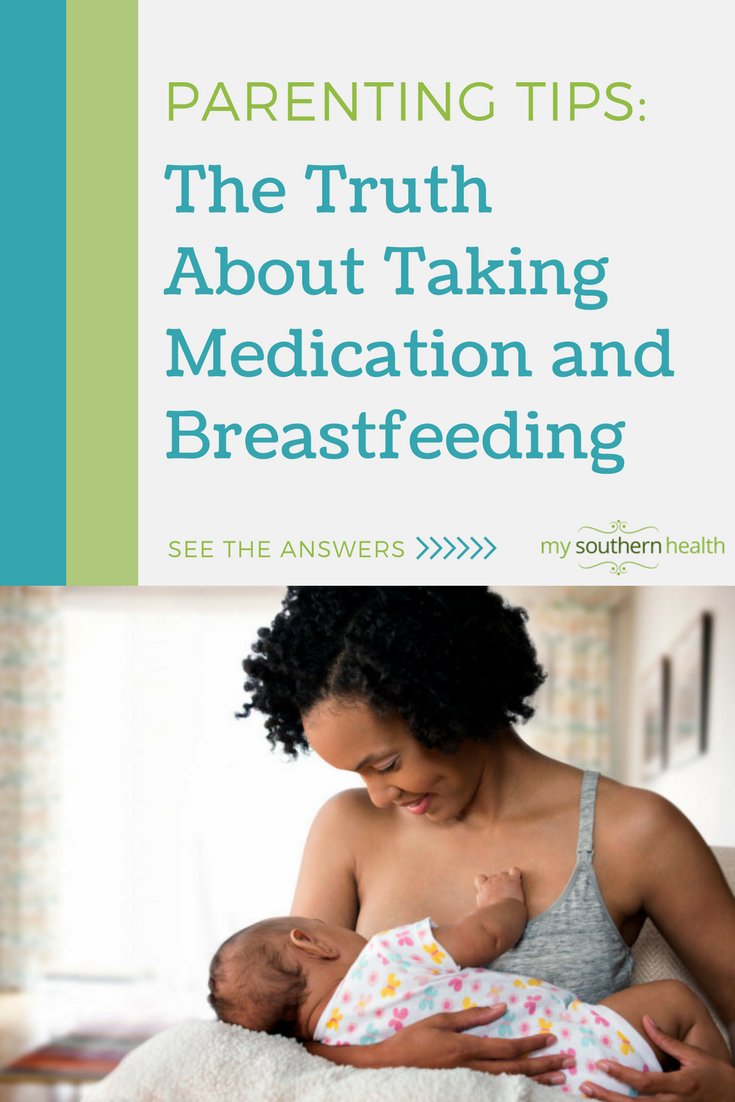Here’s what to ask about breastfeeding and taking medications.
Imagine you’ve spent four weeks putting in the time to exclusively breastfeed your newborn — the long nights, the shallow latch, leaking-melon breasts — you know the story. You finally hit the sweet spot of the 20-minute easy feedings and the “at least a few hours” between feeds — and then you need a medical procedure.
Then the scheduling nurse calls you and tells you that you will need to “pump and dump.” Fighting words for a breastfeeding momma that are sometimes spoken to be overly cautious.
When is it really necessary to stop breastfeeding because you are taking a medication?
The good news is that it is not very often. Most medicines, even some of the sedation medications used for short medical procedures, are perfectly fine to continue as soon as the breastfeeding mom is fully awake. If we use the medication in babies, then it is typically safe to use for mom. While some medications are not compatible in high doses or combination, many of those same medications may be fine by themselves for very short course or at lower doses.
The fact is, breasts are super smart organs, but we sometimes forget how well they function. The breasts act as barriers to keep out a lot of medications. If a medication has a large molecular weight (that is, BIG) or if it doesn’t bind well to fat, it may never enter the milk supply.
So what to do if you hear the dreaded “pump and dump?”
Ask questions. Sometimes well-meaning healthcare providers are unsure or may consult outdated references. They may rely on their “first, do no harm” instinct when telling moms to stop breastfeeding. Ask your provider if there are alternative medications. It there are not options, ask how long you are expected to be on incompatible medications.
Consult the folks who specialize in breastfeeding
- Tennessee Breastfeeding Hotline has lactation consultants on call around the clock to answer questions about medications.
- LactMed is sponsored by the National Institutes of Health and has current research.
- Infant Risk Center is a research group that specializes in looking a rare medications and breastfeeding.
- Vanderbilt Lactation Support offers resources for nursing moms.
What if the medication is not compatible with breastfeeding?
If it is a short-term medication, pumping and dumping will keep your milk supply up until you can resume nursing. If you are on incompatible medications for the long term, discuss options with your provider. While you may need to wean, donor breast milk is an option for your baby or you may choose to use formula. In the end, it is important to have all the information you need to make an educated decision for your baby.
This post was written by Anna Morad, M.D., director of the newborn nursery and Monroe Carell Jr. Children’s Hospital at Vanderbilt and assistant professor in the Department of Pediatrics at Vanderbilt University School of Medicine.


